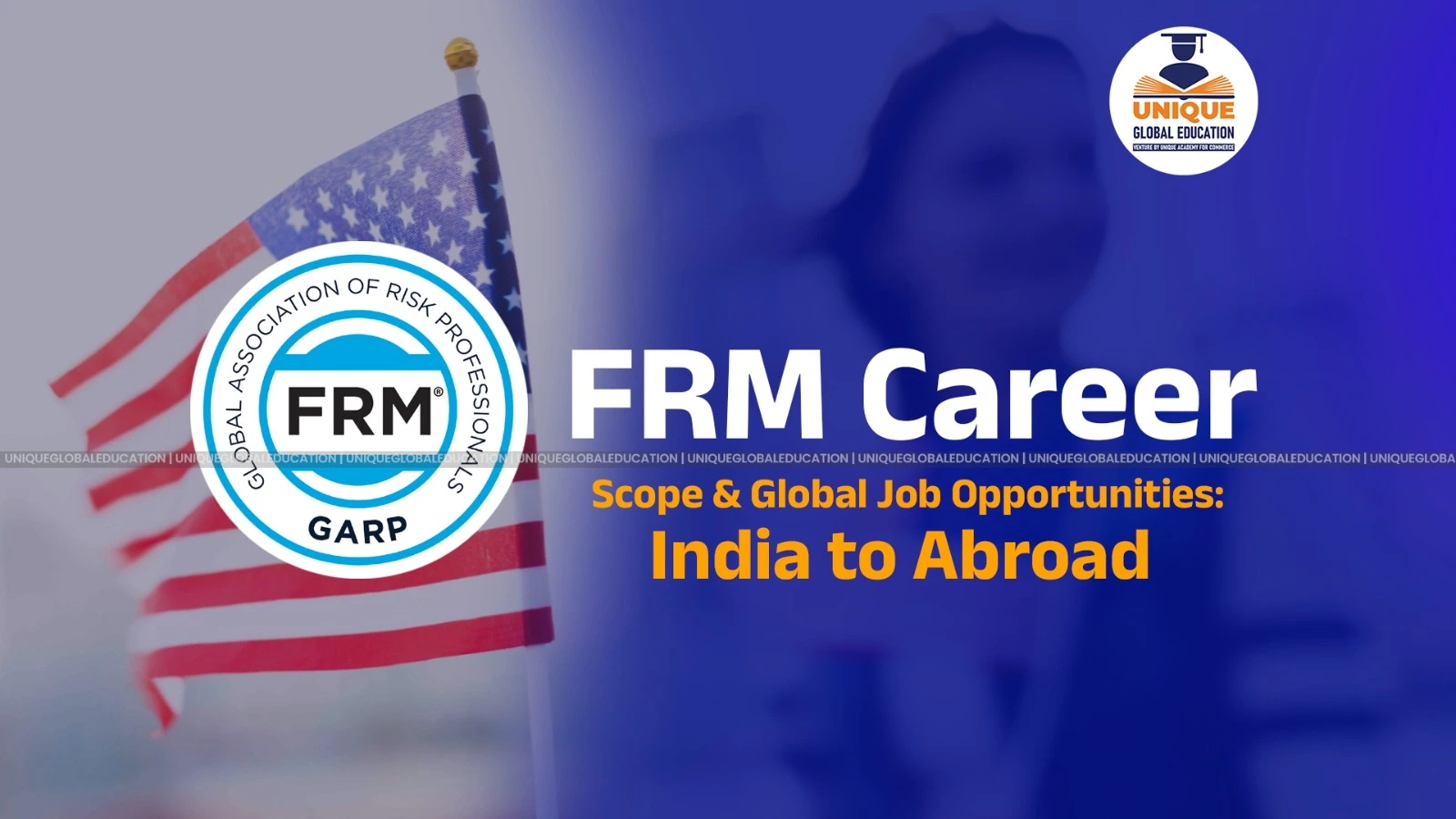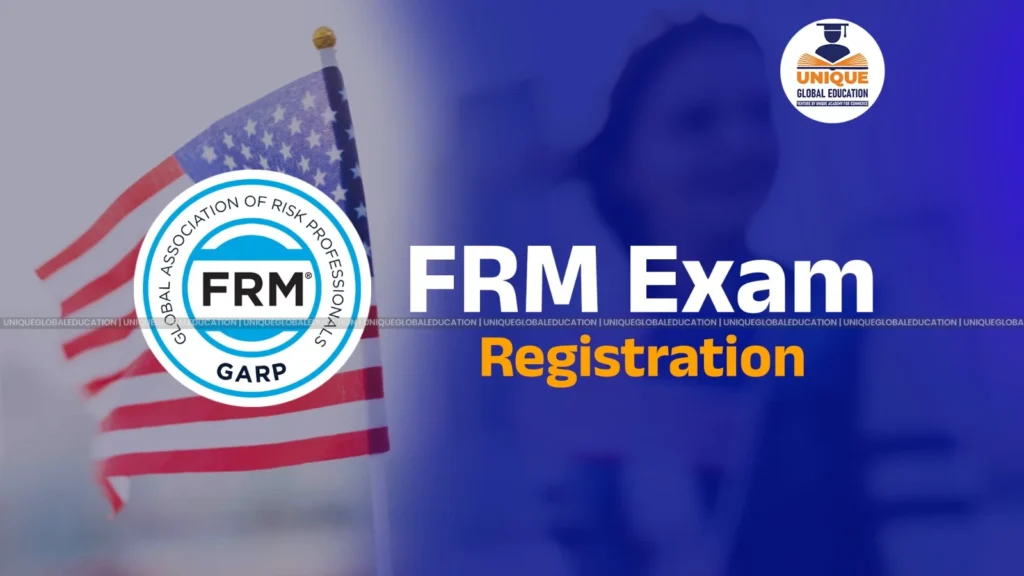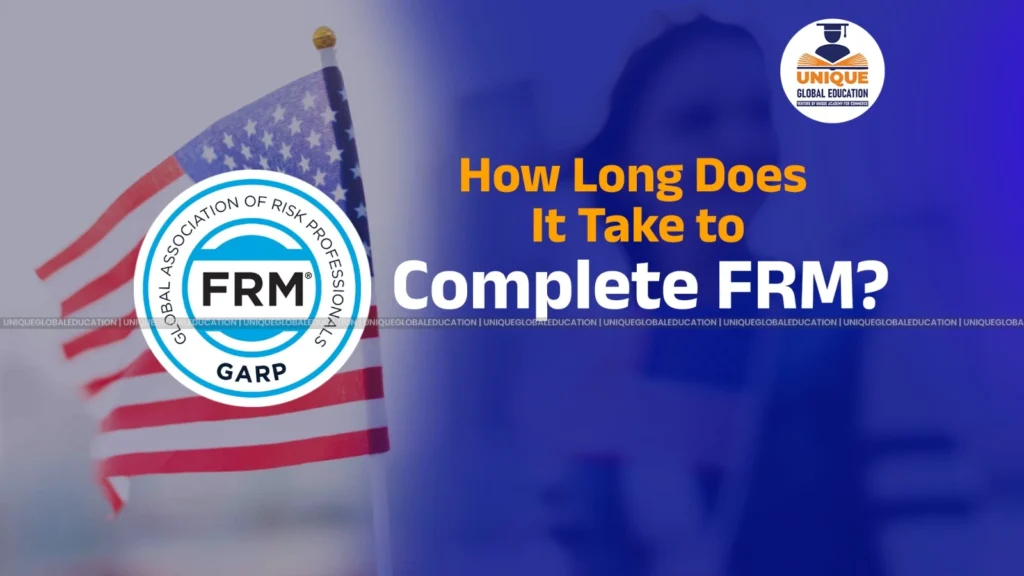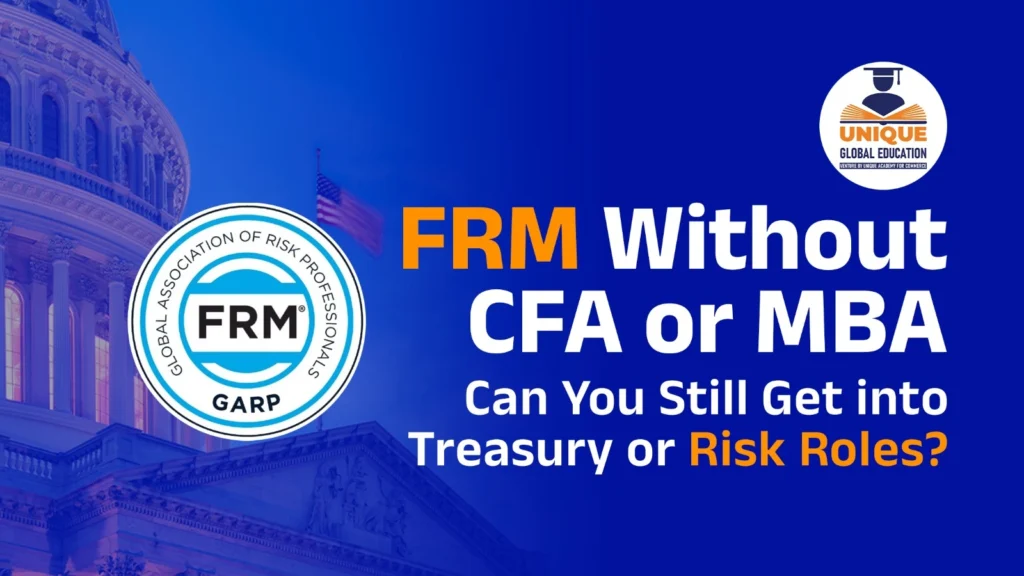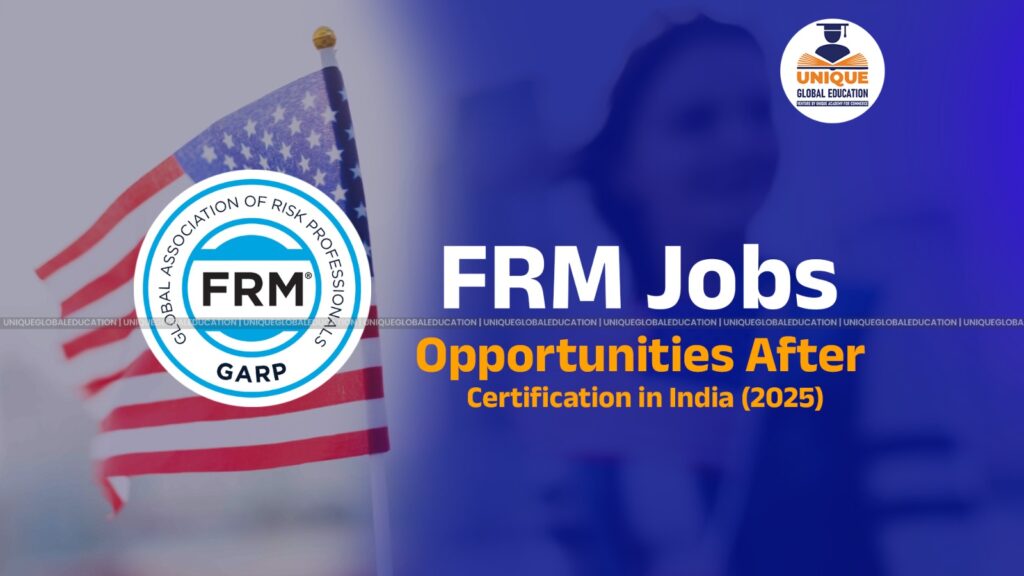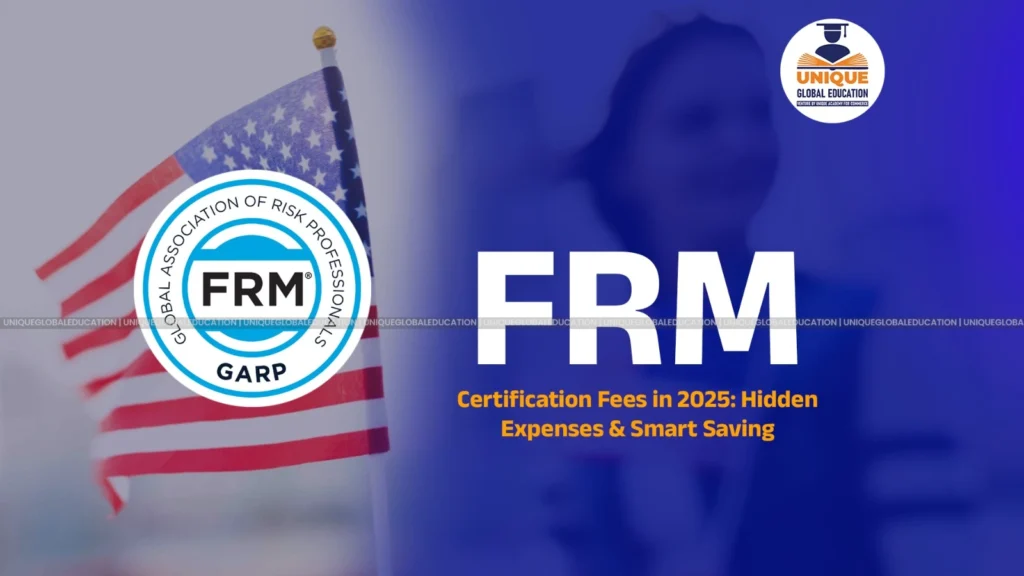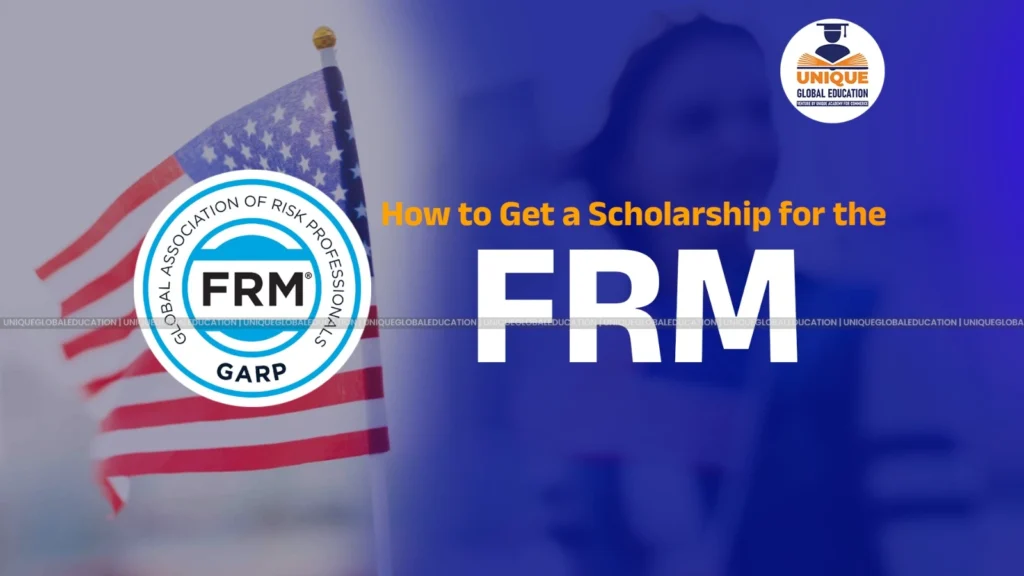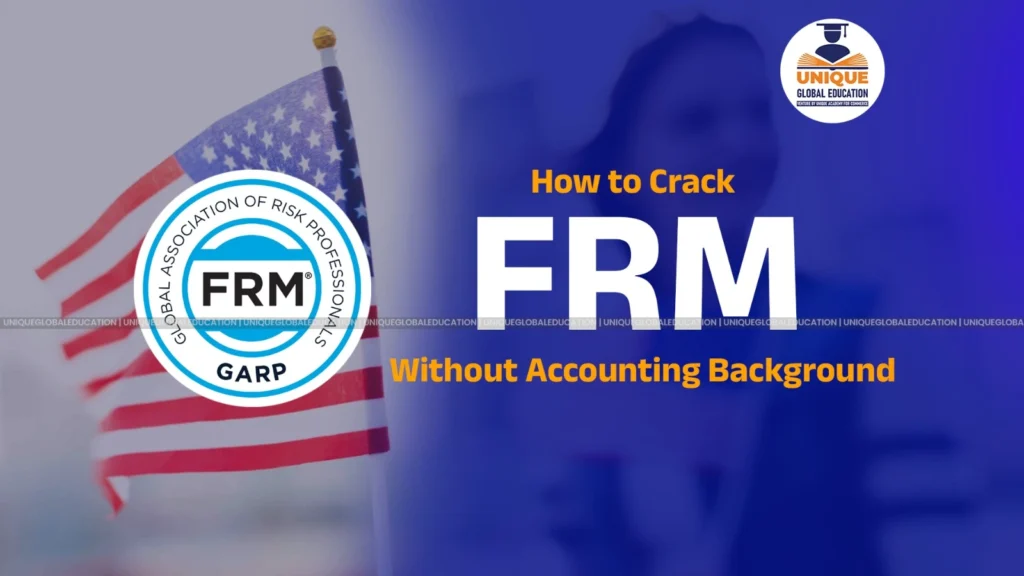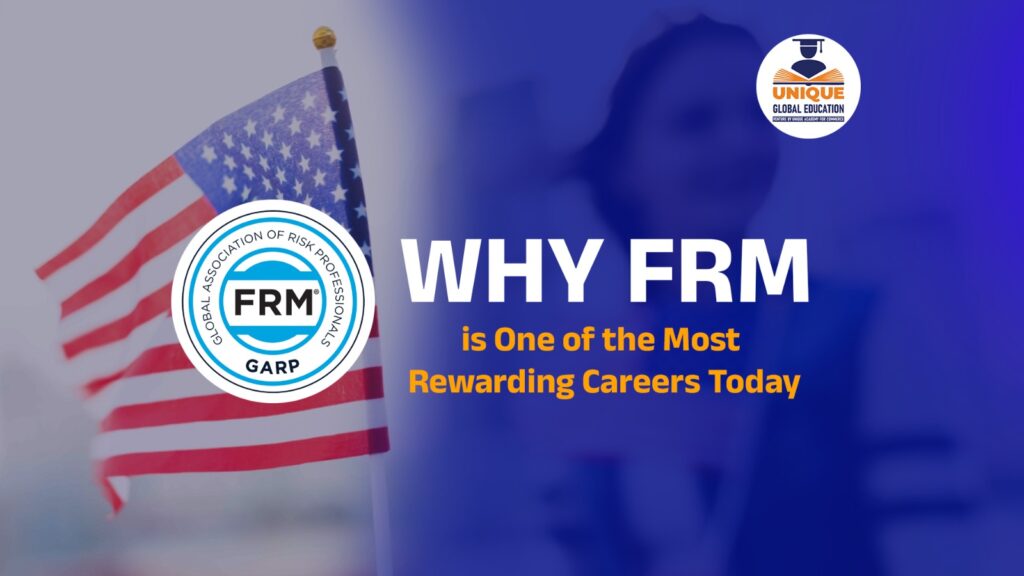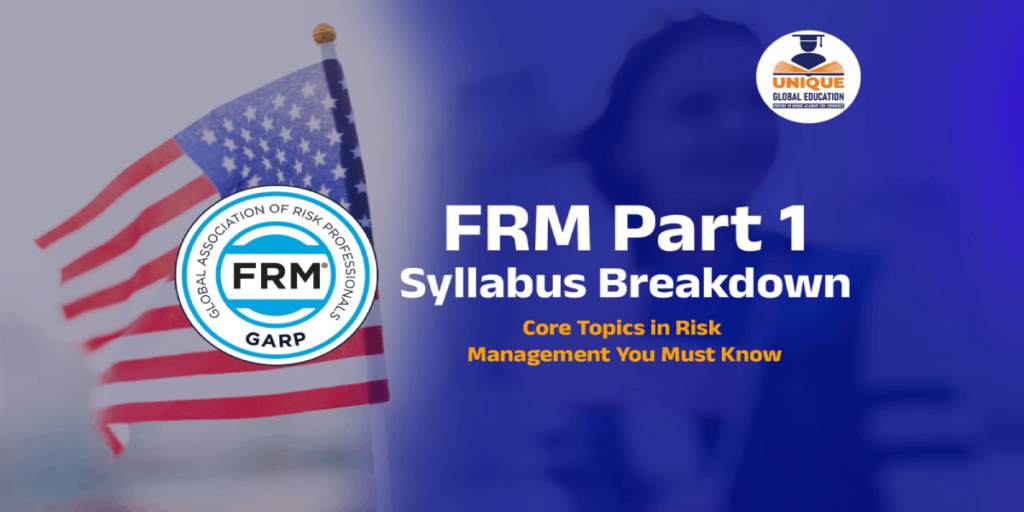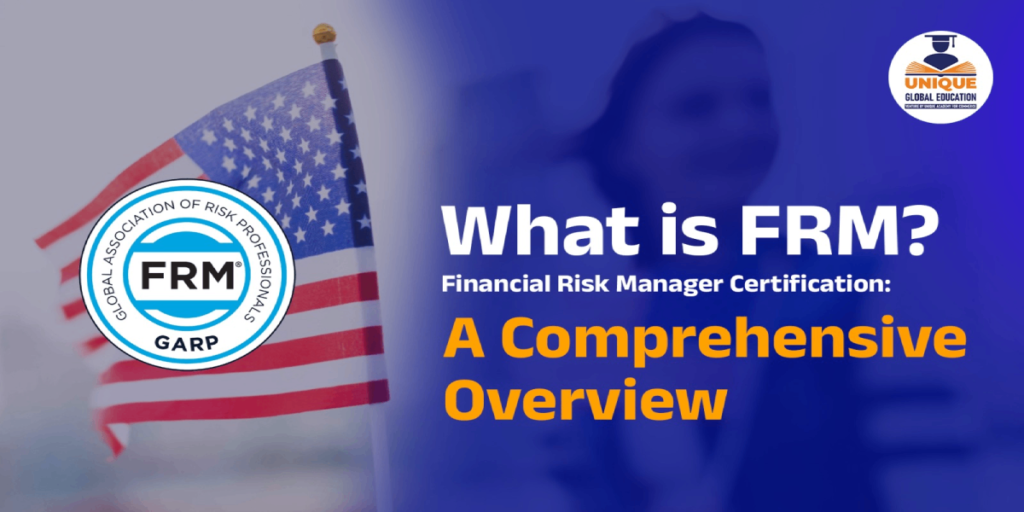Table of Contents
1.What Is the FRM Certification & Why Does It Matter
The Financial Risk Manager (FRM) Exam by the Global Association of Risk Professionals (GARP) is the most recognized certification for risk managers. It includes core areas such as credit risk, market risk, operational Risk, quantitative analysis, and financial markets and products.
Candidates need to successfully complete two challenging exams and have a minimum of two years related work experience in order to obtain the FRM. FRM certificate holders are found in more than 190 countries worldwide, which gives you an idea of how universally attractive the FRM is as a professional certification.
At the end of the day, FRM is more than just a certificate – it holds testimony to a candidate’s capability in managing financial uncertainty with precision and strategic capability.
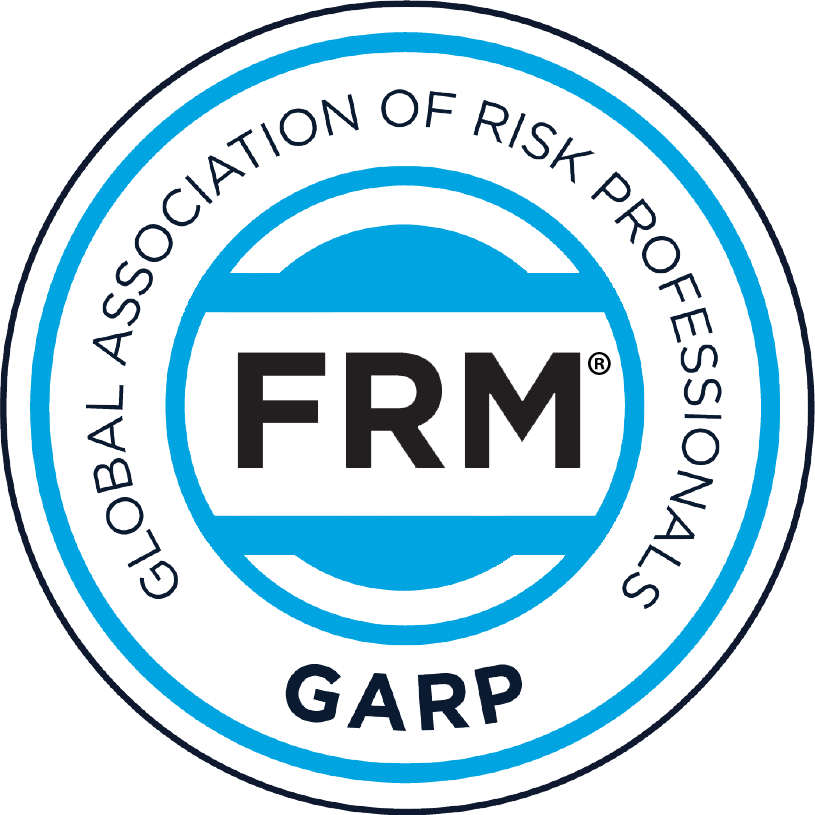
2. FRM Scope & Career Landscape in India
2.1 Demand & Domains
In India there is increasing requirement of skilled risk manager. The growing of the financial sector, the increase in regulation and the fast developments taking place in fintech and NBFC are further pushing the demand for FRM-certified professionals.
Key Sectors:
- Banks & NBFCs: Designations such as Credit Risk Analyst, Operational Risk Analyst, Regulatory Compliance Analyst are widely seen.
- Investment Firms & Asset Managers – Roles will typically include Market Risk Analyst and Portfolio Risk Manager.
- Fintech & Corporates: New positions in Product Risk Strategist, Treasury & Compliance Specialist.
- Consultancy Firms: Deloitte, KPMG, PwC and EY recruit for Risk Advisory & Audit Risk roles.
Top recruiters are ICICI Bank, HDFC, SBI and international recruiters including Citi, Deutsche Bank, HSBC and JP Morgan.
2.2 Job Roles & Progression
- Junior roles: Analysts in Risk, Credit Risk, Market Risk, and Operation Risk.
- Mid – Senior: risk manager, portfolio risk manager, senior credit/market risk analyst.
- Leadership Positions :CRO, Risk director, head of Risk in MNCs / Banks.
- Boots on the Ground: Stress Testing Analysts, Risk Model Validation Experts, Liquidity Risk Experts.
2.3 Salaries & Reality Check
- Entry Level(India): Rs4-10 lakhs annual based on company, city and profile.
- Mid-Level (3–5 years) : ₹12–18 lacs per annum mainly in metro financial hubs.
- Senior -level: Risk Directors and CROs can make over ₹30 lakhs, in addition to performance bonus and stock options.
Although most freshers come back and say the entry PayScale is around ₹4.5–6LPA with expectation of at least 1–2′years of relevant experience. This makes internships and early exposure all the more important.
3. FRM Opportunities Abroad
3.1 Global Demand & Roles
The FRM designation is also highly respected in international financial centers such as New York, London, Singapore, Hong Kong and Dubai.
Typical roles include:
- Market Risk Manager
- Credit Risk Officer
- Operational Risk Analyst
- Risk Advisor for Consulting and Insurance assassination-specialists.com.
3.2 Salary Insights Globally
- United States: $90,000 – $180,000 annually, and often more in financial centers.
- UK (London): Between £70,000 – £150,000 per annum.
- Singapore: https://www.mom.gov.sg/employment-practices/salary/monthly-and-daily-gross-wages SGD90,000 to 180,000 per annum.
- Hong Kong: HKD800,000 – HKD1.6 million per annum.
- UAE(Dubai): AED 250,000 – 600,000 per annum.
Internationally, the average salary for financial managers – of which FRM is a very specialized sub segment – is $160,000, and the demand for those fulfilling the role is expanding at a CAGR of 16% for the next 10 years.
4. FRM vs Other Finance Credentials
- FRM vs CFA: FRM = risk, CFA = broader in investment management. The FRM is widely recognized as a gold standard by risk professionals.
- Exam Difficulty: The pass rates of the FRM exam (45% for Part I, 53% for Part II) are a bit higher than that of CFA, so slightly more achievable.
- Cost: Total cost for the FRM is approximately 1,600–1,800 USD (₹1.3–1.5 lakhs) based upon registration dates.
Get More Details Of FRM Coaching Classes
5. Why Choose FRM? Key Benefits
Global Recognition & Mobility
Recognized in more than 190 markets, the FRM is a globally competitive certificate and a passport to the world’s major financial centers
Specialized Risk Expertise
Arms you with the skills needed to succeed in risk in the market, credit, and counterparty risk, and operational risk.
Career Resilience & Growth
As the financial world becomes more complex and increasingly regulated, risk managers are in strong demand with a rewarding career path.
High Earnings—Especially Abroad
“The salaries at entry levels are low in India but the mid to senior level jobs and opportunities in the foreign countries are very good,” Siddharth my new friend for the day tells me.
Complement to Other Qualifications
FRM goes well with courses like M.Com or with CFA, CA or MBA for a career focussed on risk.

6. Practical Tips for Aspirants
- Early Gain Experience: Can expect internships, or analyst positions connecting the dots for you until certificates catch up with the market demand.
- Sector Focus: Fintech, NBFCs, consulting companies are good sectors to get in if banks are competitive.
- Work Your Network: Talk to alums; join LinkedIn groups and finance communities to tap into job leads.
- Explore the Metro benefits: Mumbai, Bengaluru and Delhi have more lucrative prospects and pays.
- Stay Ahead of the Regulation & Tech Curve: Specialising in, for example, AI, stress-testing and Basel rules can make you stand out from the crowd.
Conclusion
The FRM designation is a profound investment and an opportunity for professionals to develop their careers, expand their job options or build their own structures in risk management – a field that focuses largely on today’s financial industry.
Salaries can start slow in India but the mid to senior-level opportunities are quite lucrative. After passing the FRM exam, you get to pick from some of the highest paying jobs in finance, including: Banking; Investment; Consulting, and; Fintech.
For someone who is serious about building a finance career that’s resilient and has global mobility, the FRM provides a good foundation — and, when combined with experience, networking, and a willingness to “pivot,” the options can be even broader.



